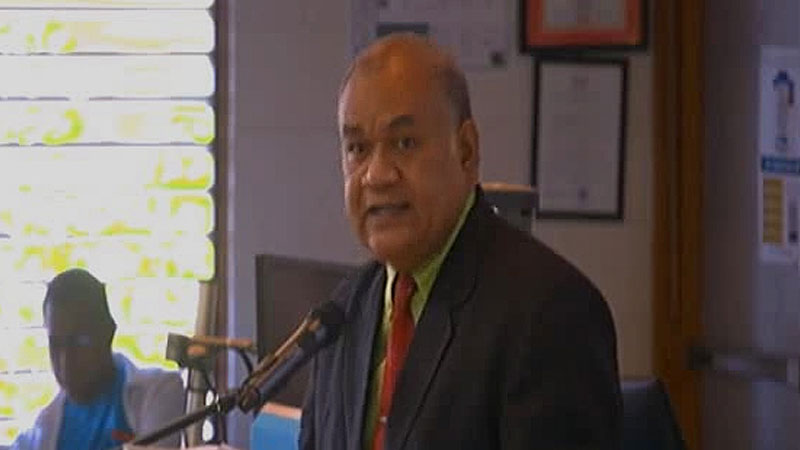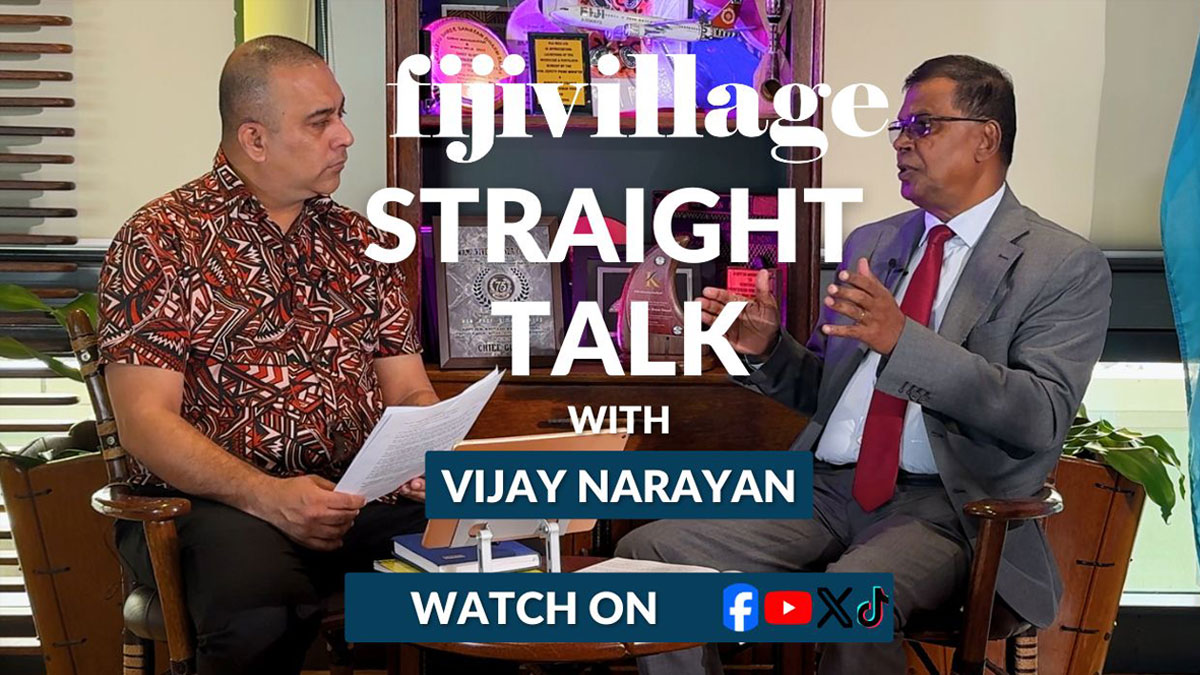
High Court Judge, Justice Salesi Temo has today quashed and set aside fines imposed by the Magistrates Courts in Suva, Nausori, Tailevu, Vunidawa and Savusavu in 49 cases which dealt with people breaching the curfew hours or social gathering directives.
For these cases, Justice Temo has ruled that the magistrates are to re-sentence the accused persons, after taking on board what is recorded in his judgement.
Justice Temo has also quashed and set aside the 19-year-old woman’s conviction and sentence by the Suva Magistrates Court on 22nd April this year.
He has also dismissed the charge against her without recording a conviction.
While delivering his ruling, Justice Temo says the 19-year-old university student was charged for kissing and hugging her boyfriend at the Suva seawall on April 20th.
He says the woman pleaded guilty on the first call, was remorseful for her action, is a second-year university student, is living with her parents and is a member of the Suva Rotary Club.
Judge Temo says we are dealing here with a youth, a student, as a 19-year-old having a boyfriend is part and parcel of life and she is striving to better her future.
Justice Temo says this case clearly demonstrates the non-attendance to the constitutional demands of Section 11 (1) of the Bill of Rights of the 2013 Fijian Constitution.
He says the imposition of the higher penalties brought about by the Public Health Act must be done while taking into account the obligation in Section 11 (1) of the Constitution.
The section says that every person has the right to freedom from torture of any kind, whether physical, mental or emotional and from cruel, inhumane, degrading or disproportionately severe treatment or punishment.
In the case of the 19-year-old woman, Justice Temo says the magistrate should have paused before entering a formal conviction.
He says her plea in mitigation revealed information that would make a sentence under the Public Health Act be inconsistent with the demands of the Bill of Rights of the Constitution.
Justice Temo says the Bill of Rights is the supreme law and the courts are bound to implement it.
The woman was fined $500.
He says some of the fines imposed were cruel, inhumane, degrading or disproportionately severe treatment or punishment given the personal and financial circumstances of the accused.
Justice Temo says through the mass media and on radio, it had been brought to the attention of the court that hefty fines had been imposed on offenders who were found guilty and it appeared that they do not have the financial means to pay such fines. He says the court had called on the 51 files to examine this issue.
Judge Temo says generally speaking, the majority of the accused persons were ordinary members of the public, and most were unemployed or subsistence farmers.
He says if they were working, they were not earning that much in a week. He further says that generally speaking, they were imposed fines between $300 to $2,000, and most of them did not have the financial means to pay the fine.
Justice Temo also says that the magistrates acknowledged there was no sentencing tariff from the superior courts so they were left to exercise their sentencing discretion.
Stay tuned for the latest news on our radio stations

